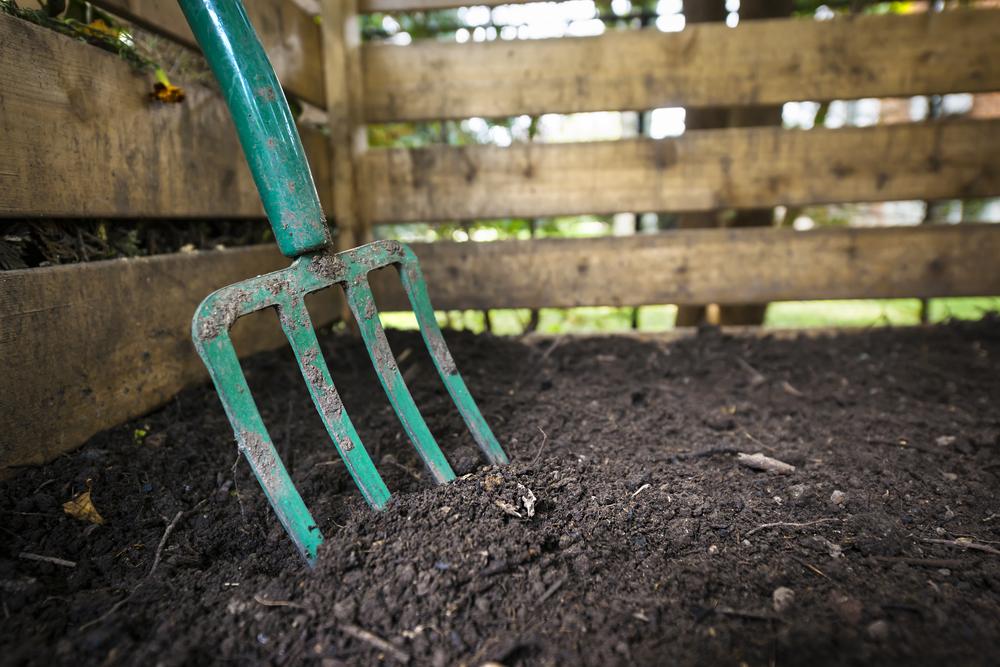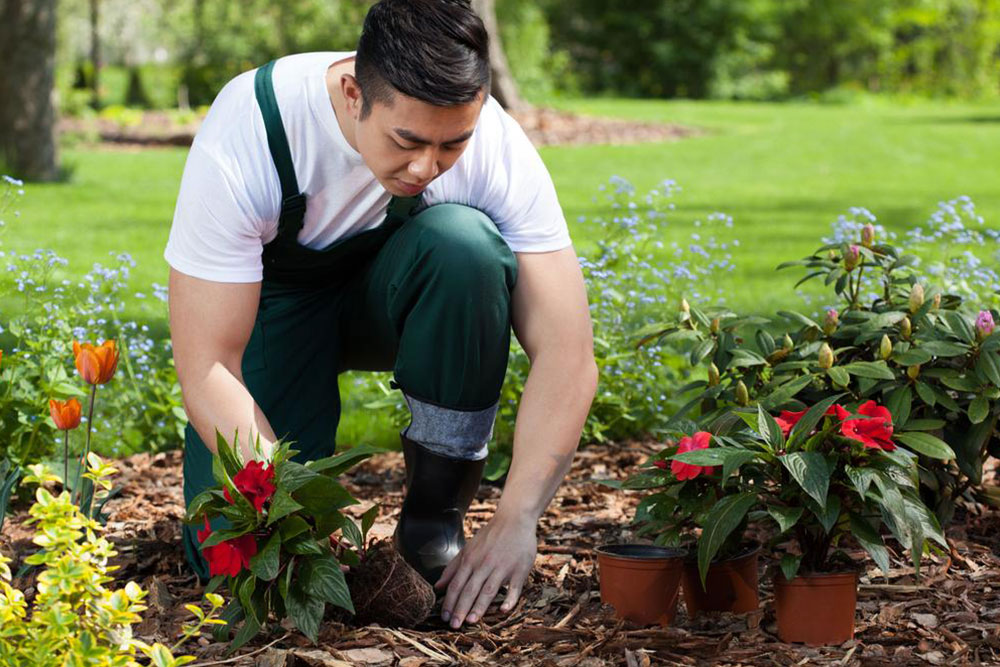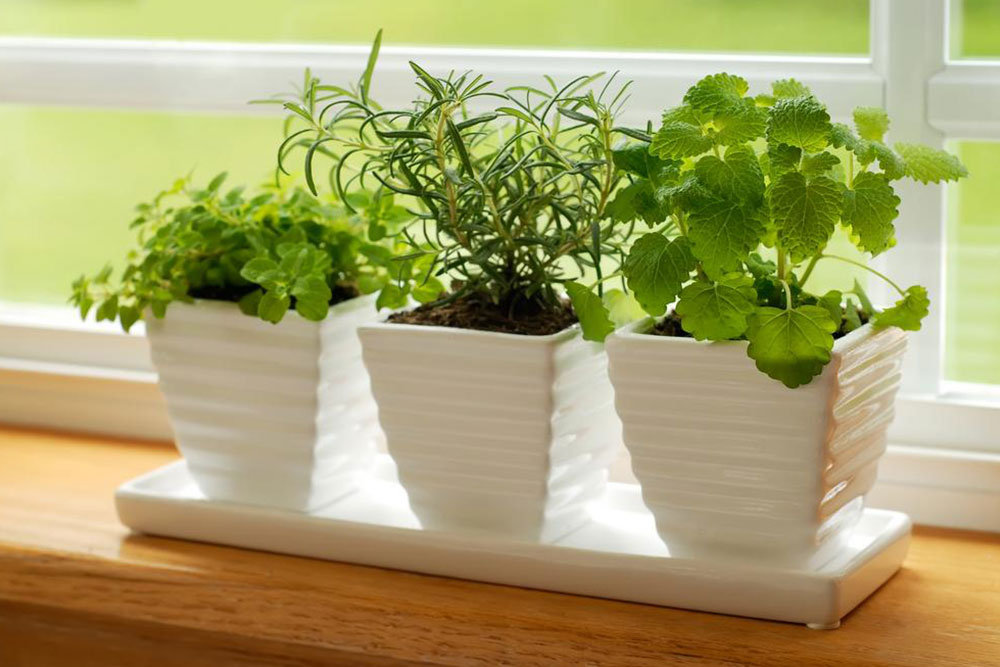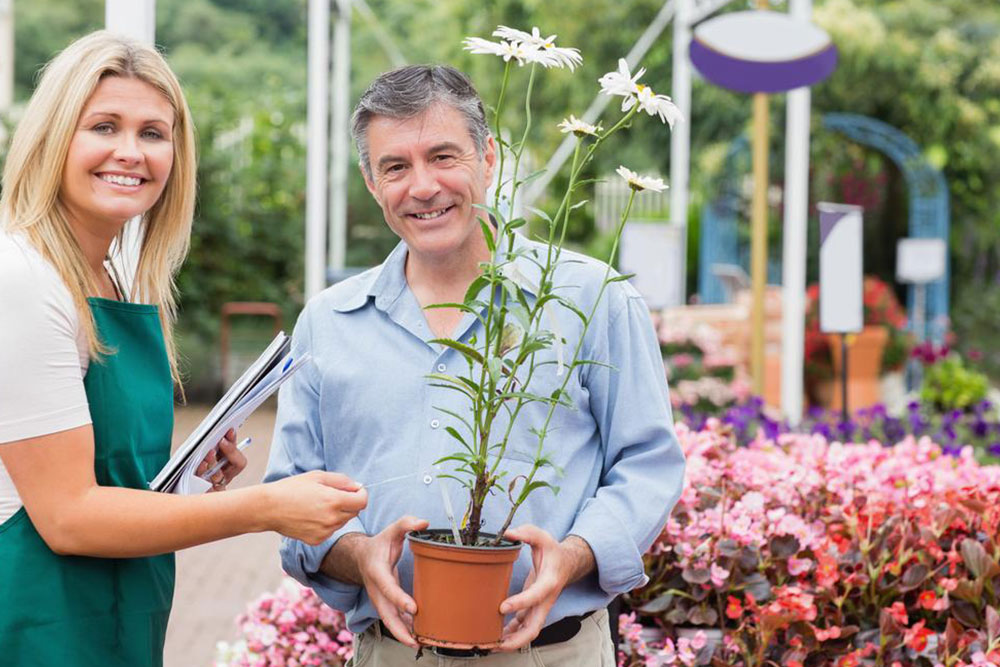Ultimate Guide to the Benefits of Using Compost Bins for Sustainable Gardening
Discover the comprehensive benefits of using compost bins in your gardening routine. From improving soil health, reducing waste, and conserving water, to saving costs and promoting sustainability, composting transforms waste into valuable resource. This guide provides detailed insights into how compost bins can enhance your garden's productivity and contribute to environmental conservation, making it an essential practice for eco-friendly living and sustainable gardening.

Ultimate Guide to the Benefits of Using Compost Bins for Sustainable Gardening
Embracing composting in your backyard or kitchen is one of the most effective ways to promote eco-friendly living while enhancing your gardening experience. If you're new to composting, don’t worry—it's a straightforward, cost-effective, and highly rewarding process. A compost bin serves as a dedicated container that holds organic waste, which microorganisms break down into nutrient-rich compost. This natural process enriches your soil, leading to healthier plants and a greener environment. Here are the top reasons why starting composting with a high-quality compost bin can transform your garden and lifestyle:
Enhances Soil Fertility and Promotes Healthy Plant Growth
One of the most notable benefits of composting is its positive impact on soil health. Compost acts as a natural fertilizer, improving soil structure and providing essential nutrients that plants need to thrive. When you use a compost bin to recycle kitchen scraps such as vegetable peels, coffee grounds, and eggshells, along with yard waste like grass clippings, leaves, and pruning remnants, you create a nutrient-dense soil amendment. This nutrient boost results in more vigorous growth, larger fruits, and more vibrant flowers.
Moreover, compost increases soil’s ability to retain water, which is vital during dry spells. Well-composted soil reduces the need for frequent watering, conserving water resources and lowering your utility bills. Looser, aerated soil also facilitates better root penetration, leading to stronger, more resilient plants that can better withstand pests and diseases.
Homegrown produce, nurtured with compost, naturally contains higher levels of vitamins and minerals compared to store-bought options. This makes your fruits and vegetables not only tastier but also more nutritious. Additionally, composting can help reduce common plant diseases and deter pests by fostering a healthy soil ecosystem. Beneficial microbes introduced through composting compete with harmful pathogens, creating a natural defense for your plants.
Reduces Environmental Waste and Supports Sustainability
Composting at home significantly cuts down the amount of organic waste sent to landfills. Organic waste in landfills produces methane, a potent greenhouse gas that contributes to climate change. By composting your kitchen and garden waste, you help mitigate methane emissions, thus lowering your carbon footprint. Less waste in landfills also means reduced pressure on waste management systems and less environmental contamination.
Additionally, compost generates biogas during decomposition. This renewable energy source can be harnessed for various uses around your garden, such as powering outdoor lights, running water pumps, or even small appliances. Imagine using biogas produced from your compost to light up your garden at night or to keep your irrigation systems operational—an eco-friendly way to make your garden more self-sufficient.
Helps Reduce Reliance on Chemical Fertilizers
Using homemade compost means you can naturally recycle plant debris, turning waste into valuable fertilizer. This limits your dependence on chemical fertilizers and pesticides, which can negatively impact soil health, pollute waterways, and harm beneficial insects like bees and ladybugs. Rich compost contains beneficial microbes and nutrients that boost plant resilience and productivity naturally, promoting organic gardening practices.
Homemade compost is a cost-effective alternative to commercial fertilizers. It saves money by reducing trips to gardening stores and eliminates the need to purchase chemical products. Over time, as your compost develops, you'll notice healthier plants, more abundant harvests, and a more sustainable garden ecosystem.
Cost savings extend beyond fertilizers—composting reduces waste removal costs and can even turn your garden into a mini farm producing fresh vegetables, herbs, and flowers throughout the year. Plus, healthier soil means less watering and less dependence on external inputs, making your gardening efforts more efficient and environmentally friendly.
Water Conservation and Efficient Gardening
Compost-enriched soil has superior water retention capabilities, which helps you conserve water and maintain healthier plants with less irrigation. This is especially advantageous during drought periods or in regions facing water scarcity. Well-composted soil holds moisture more effectively, allowing plants to thrive with less frequent watering, reducing your overall water consumption.
Healthy, compost-rich soil also promotes stronger root systems, enabling plants to absorb nutrients efficiently and resist environmental stressors. This leads to more productive and resilient gardens, whether you’re growing vegetables, ornamental plants, or flowering perennials. By adopting composting, you not only create an abundant garden but also contribute to water conservation efforts and environmental sustainability.
In conclusion, incorporating a compost bin into your gardening routine is a simple yet powerful step towards a greener, healthier lifestyle. From enriching your soil and reducing waste to conserving water and lowering costs, composting offers multifaceted benefits that make it an essential practice for modern gardeners and eco-conscious homeowners. Whether you have a large backyard or a small balcony, composting is accessible and adaptable, making it an ideal addition to any gardening environment.





